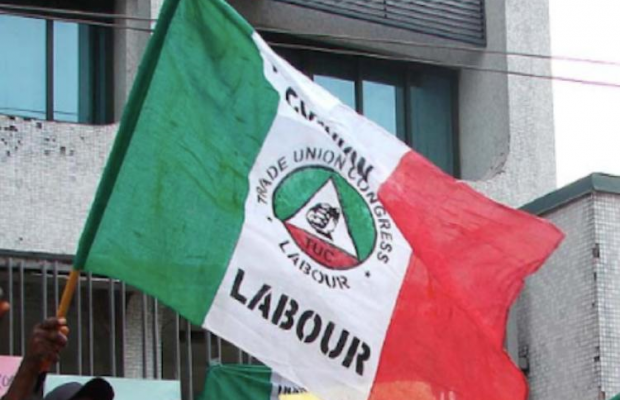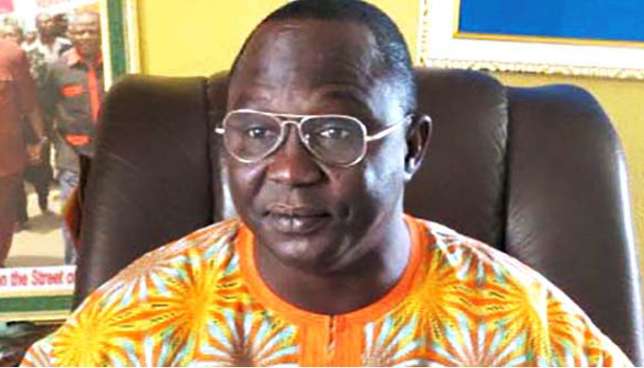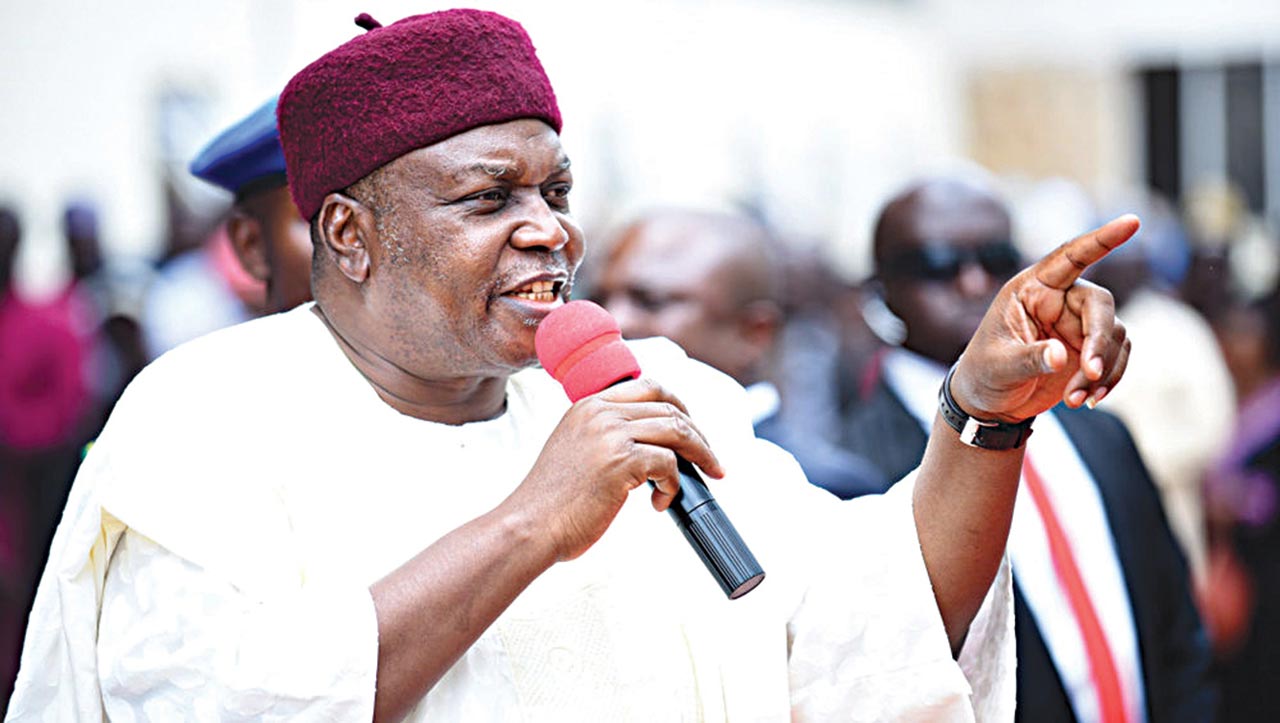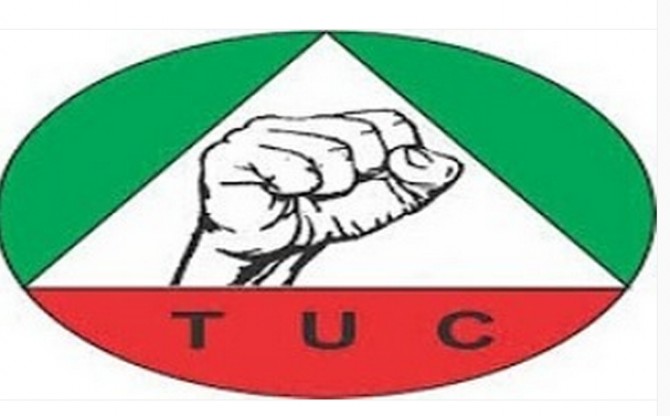Minimum Wage: Labour Suspends Strike
Organised labour, Sunday, announced the suspension of the nationwide warning strike over the indefinite suspension of minimum wage negotiation meeting by the Federal Government.
The suspension, according to President of Nigeria Labour Congress, NLC, Ayuba Wabba, followed a firm commitment from the Federal Government to reopen negotiations through the national minimum wage tripartite committee, chaired by former Minister of Housing and Urban Development, Ama Pepple.
It was gathered that the organs of organised labour gave labour leaders the authority to suspend the strike once they extracted commitment from government to reopen talks.
According to Wabba, the decision is also to give the government the benefit of the doubt to reopen negotiations for the minimum wage.
He disclosed that a formal invitation had been extended to all the stakeholders in the tripartite committee, which will resume discussions on October 4 and 5, 2018.
He said: “Indeed, on Thursday morning, the strike commenced and was observed across the country. We wish to appreciate our workers and affiliate unions for their commitment and determination.
“We invite you here today to inform you that we have received a firm and formal invitation to a reconvened meeting of the tripartite committee scheduled for October 4 and 5, 2018.
“We demand that this shall be the final session of the committee and that a final report will be submitted to Mr. President immediately.
“In order to avail the committee the necessary conducive environment to hold this crucial meeting and conclude its work, organised labour has, after obtaining the mandate of their necessary organs, decided to suspend the strike with effect from today (yesterday), Sunday, September 30, 2018.”
Recall that members of organised labour embarked on a national warning strike last Thursday to press home demand for the implementation of a new national minimum wage.
The strike, which paralysed social and economic activities across the country, was staged to compel the government to shore up workers’ salaries from the current minimum of N18,000 to N65,500.
The Minister of Labour and Employment, Chris Ngige, had announced an indefinite suspension of the tripartite committee sitting without arriving at any figure as minimum wage, å development that angered the industrial unions.
They had accused the federal government of insincerity in the implementation of the new wage bill. But as organised labour proceeded on strike, the Minister of Labour, Senator Ngige, convened a meeting with the leadership and, thereafter, announced that the Minimum Wage Committee would resume meeting on October 4, adding that the federal government was workers’ friendly.
However, sources within the Presidency said the government was afraid of how to source the additional funds to finance an increased wage bill, especially with the current economic indices.
The Federal Government had set up a subcommittee to analyse and come up with a strategy on how the new minimum wage could be implemented but the committee could not conclude its assignment before the strike as some its members were on President Muhammadu Buhari’s delegation to the United Nations General Assembly, UNGA, in New York.





